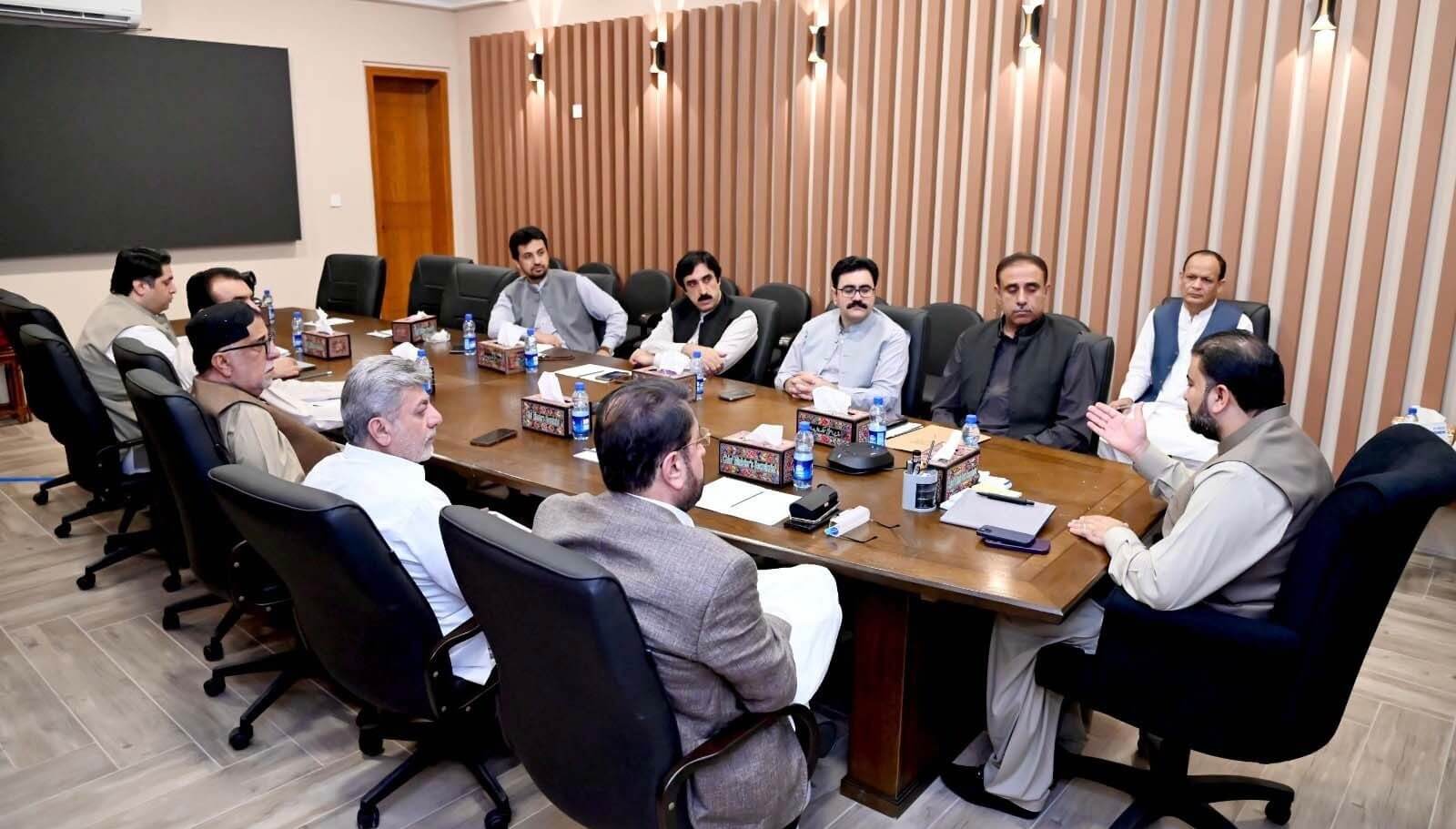Editorial:
As the Chief Minister of Balochistan, Mir Sarfaraz Bugti, leads a high-level parliamentary committee to prepare the FY2025 budget and Public Sector Development Programme (PSDP), the province stands at a critical crossroads. Promising a shift from the past, Bugti vows this budget will prioritize transparency, merit, and good governance, with a strong focus on public welfare. But the key question remains—will these promises translate into real change for the people of Balochistan?
Breaking from the Past: A Collective Effort
For the first time in years, the formation of a cross-party parliamentary committee involving leaders from PPP, PML, BAP, ANP, and JI signals a hopeful departure from political victimization and partisan favoritism. With experienced lawmakers like Mir Zahoor Ahmed Buledi, Bakht Muhammad Kakar, Engineer Zamarak Khan Achakzai, and Noor Muhammad Dummar at the table, there is a genuine opportunity to craft a budget that reflects collective interest rather than individual gains.
End of Individual Projects, Focus on Equal Development
Chief Minister Bugti has made it clear: “No room for corruption or nepotism.” Only approved, people-centric development projects will be included—no pet schemes, no personal agendas. This approach must ensure that neglected and far-flung areas like Awaran, Washuk, Sherani, and Dera Bugti receive their fair share. For decades, these regions have remained on the margins of development; it’s time the budget acknowledged their right to progress.
Health and Education: More Than Just Buzzwords
The CM’s commitment to education and healthcare as priority sectors is commendable—but mere statements are not enough. What Balochistan needs is a real boost in primary and secondary school enrollment, teachers’ training, rural health infrastructure, and medicine availability. If the province is to improve its Human Development Index (HDI), practical steps—not policy platitudes—must lead the way.
A Budget of Trust, Not Just Numbers
Bugti’s declaration that this budget is “a roadmap to uplift every resident of Balochistan” is powerful. But the success of this budget will be judged not by spreadsheets, but by the smiles of students in rural classrooms, the relief of patients in functional clinics, and the roads that connect remote villages to opportunity.
The people of Balochistan are watching closely. This budget must not be another missed opportunity—it must become a blueprint of hope, equity, and real development.






